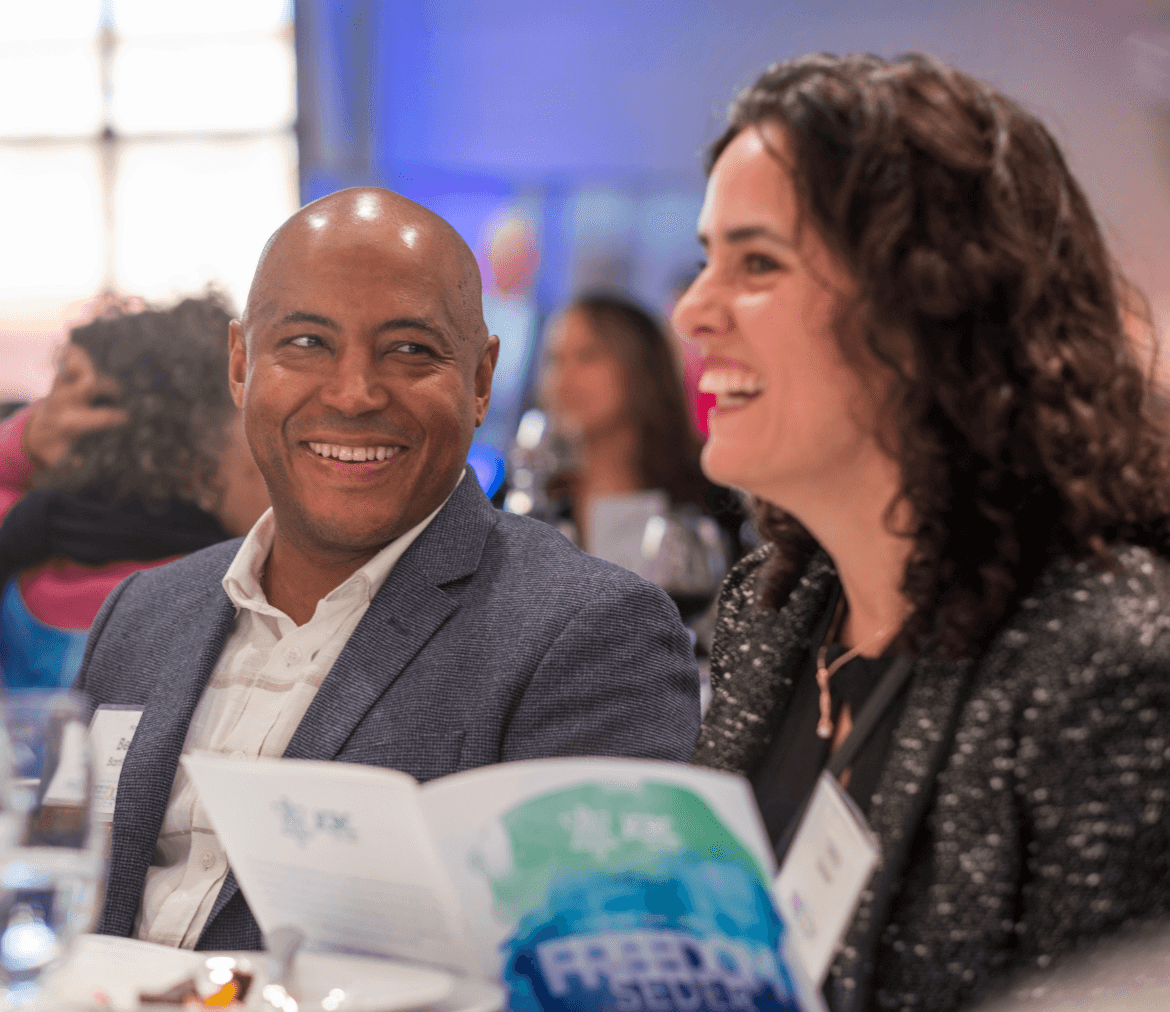To maximize your effectiveness as an online advocate, JCRC encourages you to use all of the tools available to you. Letters, phone calls, emails, social media, and e-advocacy platforms are all great ways to connect with elected officials and make your voice heard. However, it is important to be effective: knowing where the line is around harassment and other forms of unethical, counterproductive behavior. It is also important to know what to do if you have become a target of harassment online.
GENERAL ADVOCACY TIPS:
- Be polite, civil, and avoid using profanity
- Don’t use threatening or intimidating language
- Never resort to disparaging or personal attacks
- Mention your affiliation to the representative body (you are a resident or business owner in the city; parent in the school or district; etc)
- Share your opinions and experience and explain the potential impact that a proposed action will have on you personally
- Don’t be tempted to engage in unethical pressure tactics such as cyberbullying or doxxing (explained below)
WHAT IS CYBERBULLYING?
- Using technology to harass, threaten, embarrass, or target another person
- Online threats including mean, aggressive, or rude messages sent via email, text, tweet or post
WHAT IS DOXXING?
- A form of cyberbullying, doxxing is to publicly identify or publish private information about someone (especially as a form of punishment or revenge)
- Doxxing alone is typically not illegal, but it could lead to other criminal offenses such as harassment and intimidation
BEST PRACTICES: COMMUNICATING WITH PUBLIC OFFICIALS AND LEADERS
- Respect people’s privacy
- Don’t use or share personal information that is not available online
- All representative bodies have procedures that should be followed for submitting public comments or communicating with individual members
- Use caution when making or sharing lists that include (publicly available) personal email addresses; if a public servant is not expecting your message in their personal inbox, you may do more harm than good
- Note that all e-mails and text messages to public servants or public institutions (including schools) become public domain and can be obtained through a public records request
WHAT ARE THE LIMITATIONS AND CONSEQUENCES OF DIGITAL COMMUNICATION?
- Anything you put online can become public information, even if it was intended to remain private
- Mass email campaigns can overwhelm and shut-down a small city or school district’s computer servers, which can be counterproductive to what you are asking
HOW CAN YOU PROTECT YOURSELF
- Make sure your privacy settings for Facebook, Twitter, Snapchat, and Instagram are set to private
- Turn off location tracking and don’t post your location in real time
- Turn on 2-factor authentication (2FA) for all your accounts
WHAT YOU CAN DO IF YOU GET DOXXED
- Change all of your existing passwords
- Consider temporarily locking down all of your accounts
- Google yourself to find out what information about you is available online
- Request your information be removed from as many sites as possible

